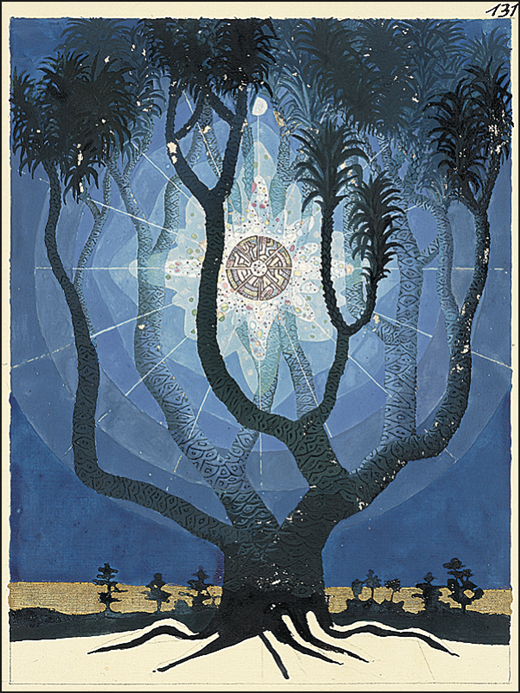Jung and Spirituality
Six Part Lecture Series - 2021
November 9, 16, 23 & 30 and December 7 & 14
“It is important to have a secret, a premonition of things unknown. It fills life with something impersonal, a numinosum. A man who has never experienced that has missed something important. He must sense that he lives in a world which in some respects is mysterious; that things happen and can be experienced which remain inexplicable. Only then is life whole.”
Jung claimed that a spiritual life lies buried in the unconscious and could be dug up and brought before consciousness with therapeutic results. He used this method with individuals and felt the same method could be applied to societies. Thus Jung’s ideas, derived from his clinical setting, could be applied beyond the clinic to the world at large. Jung believed that rationality and hubris prevented many in the modern world from acknowledging the spiritual aspects of our lives, and repressing the spiritual (Jung) was as harmful as repressing the sexual (Freud). His psychology was the first in the modern era to insist on the importance of spirituality in mental health and as a key element in psychotherapy. What Jung argued seemed incredible at the time, when science was confident about its belief in a rational world, but as this confidence has waned, and researchers have discovered the importance of spirituality in healthcare, Jung’s ideas are becoming more accepted. This series of talks will explore the applications and ramifications of Jung’s psychospiritual theory.
David Tacey PhD is a writer and public intellectual who works across the fields of spirituality, religious studies, analytical psychology, literature and philosophy. He is a specialist in Jungian studies and has edited The Jung Reader and co-edited The Idea of the Numinous.
http://www.jungsocietymelbourne.com/jung-and-spirituality
